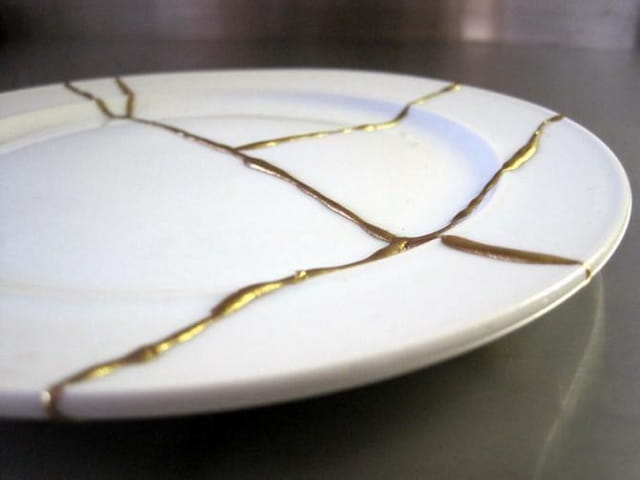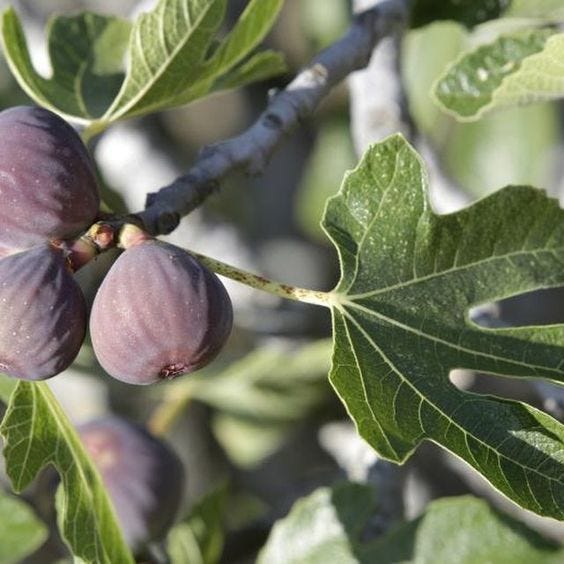Crumbs
But she replied, “Yes, Lord, I know, but even the
dogs under the table eat what the children leave.” Mark 7:28
It is one of the
strangest encounters that Jesus has in the gospels. It is recorded in both Mark
and Matthew. Jesus traveled outside of Judea (read “Israel”) and went to the
Gentile area of Tyre. Mark tells us that Jesus wanted to be alone, and sought out
a house for just that purpose. As always, it was impossible to hide him.
As soon as he arrived a
Greek (read “unaccepted Gentile”) woman approached Jesus and bowed before him.
Her daughter was being harassed by an evil spirit. There is no greater anguish
than a parent whose child is suffering. This woman crosses all social boundaries
in search of an answer for her daughter.
Gentiles were “dogs”. And
not “puppies”, but scrounging dogs, in the minds of most Jews of the day.
Anyone outside of Israel was considered unclean. Nationalism and ethnic pride
kept those “dogs” at arm’s length. Being woman and a Gentile, this woman was breaking
every rule in the book. But that’s what desperation can do. Desperation will
drive you to see your need met, even from outside your comfort zone.
Matthew tells us that she
calls Jesus, “Lord, Son of David.” Outside the faith and nation of Israel, she
recognizes what many in Israel had not; here was the Messiah, the Lord. And she
was unafraid to beg him for his help.
Perhaps, upon hearing
that Jesus was in town, she hurried through her duties, asked about where he
was staying, and scurried to find him. If only she could find him before him moved
on somewhere else. Her mind was a mix of hope, anxiety, expectation and faith. “I’ve
heard of Jesus. He has healed many. I think he even healed a Roman’s kid. If
for them, then why not for me? But I am a woman, and a Gentile from Tyre. Their
prophets have foretold devastation for our region…”
As her thoughts spin, she
sees him. Immediately she bows before him with her request. But his answer is
like a spear to her heart.
“It’s not right, you
know, to take the children’s food and throw it to the dogs.” He told her his message
was first for the children of Israel. In the micro-second it takes for a
thousand thoughts to echo in our brain, the woman must have shrunk back, wanted
to cry, started to blush and perhaps wanted to run. But two things kept her
body still: the desperate state of her daughter, and one more, nearly
indiscernible thing.
Was that a gleam in his
eye when Jesus talked about throwing the food to “dogs”? Surely this compassionate
man, who stayed all day, wearing himself out physically and emotionally, to
heal all who came to him, surely he wouldn’t really call me a “dog”, would he? Besides,
there was that tone of voice. It was like he was saying, “I know what they call
you….’dogs’”. She wasn’t sure, but it seemed like he gestured in the direction
of Jerusalem as if to say, “that’s what they call you, isn’t it?”
She took courage. She saw
more in his eyes and heard more in his tone of voice than the mere piercing
words. And she decided that, in some way, he was inviting her forward, not pushing
her away. She had heard the words before, with anger and hatred rising at their
sound. But when Jesus said it, it was almost like an inside joke. “You know,
and I know, there just simply are no ‘dogs’, sister, no matter what others say.”
So, she breathed deep, leaned
into the wordplay and ventured one step closer: “Yes, Lord, I know, but even
the dogs under that table eat what the children leave.”
Crumbs. That’s all she wanted; crumbs.
She had met Jesus. Before she had only heard about him, and all of it
was good. All of it encouraged her to seek him out. But now, face to face, that
voice, that invitation to spar, making her an equal, it all convinced her:
There is so much grace in this man that even the crumbs are more than I will
ever need.
That’s what happens when people truly come face to face with Jesus. The
fear is dispelled. The hubris melts. The anger is dispersed. Because, even if
all you ever get from Jesus is a little splash from the pool, it is enough. It
really is. There is always more where that came from. His grace is both endless
and potent.
I don’t think we meditate on the potency of His grace enough. But, for
me, that is what this story illustrates. We read it without seeing the look on
Jesus’ face nor his tone. But she saw it all. We read what sounds like a
rebuff. She heard it as an invitation to engage. We read it as Jesus being
stingy. She heard that anything Jesus
gives is more than enough.
It isn’t that Jesus measures out a little here and a little there. No,
He is lavish. But, from our viewpoint, we must stop looking for the big events.
Along with this dear woman, we can be satisfied with “crumbs”, because the
crumbs from Jesus’ hand are more powerful than the greatest abilities the earth
can provide. The smallest piece of bread that falls from his hand is both more
grace than I even need, and the promise that all he ever gives is every-increasing
grace.
So Jesus tells her, “If you can answer like that, you can go home! The
evil spirit has left your daughter.” Arriving home, she found her child lying
quietly in her bed, perfectly at peace.


:max_bytes(150000):strip_icc():format(webp)/HurricaneGilbert_Getty-57602bf45f9b58f22eb944e2.jpg)







